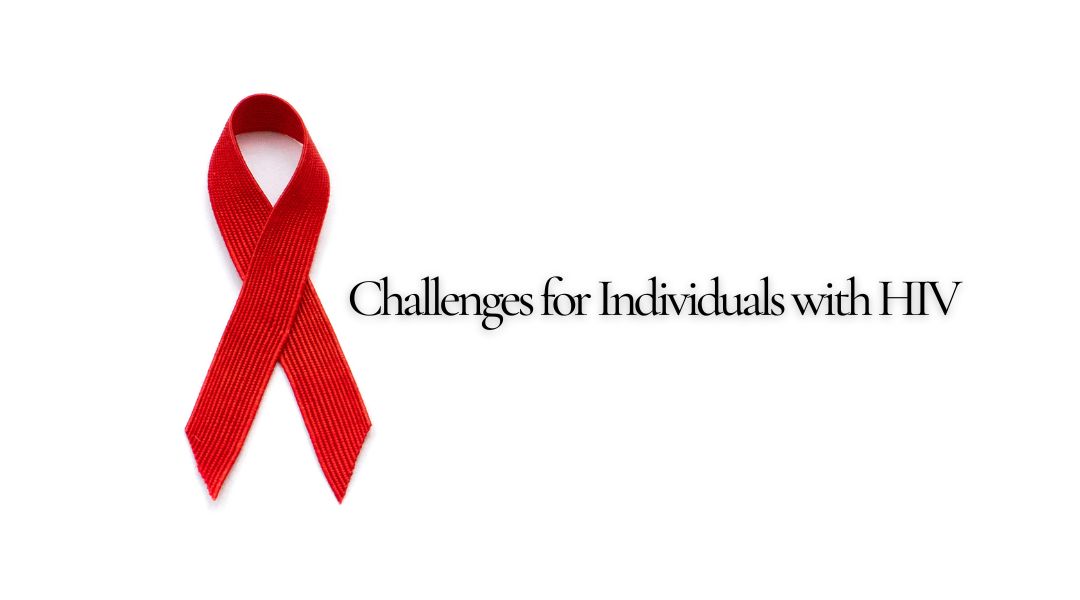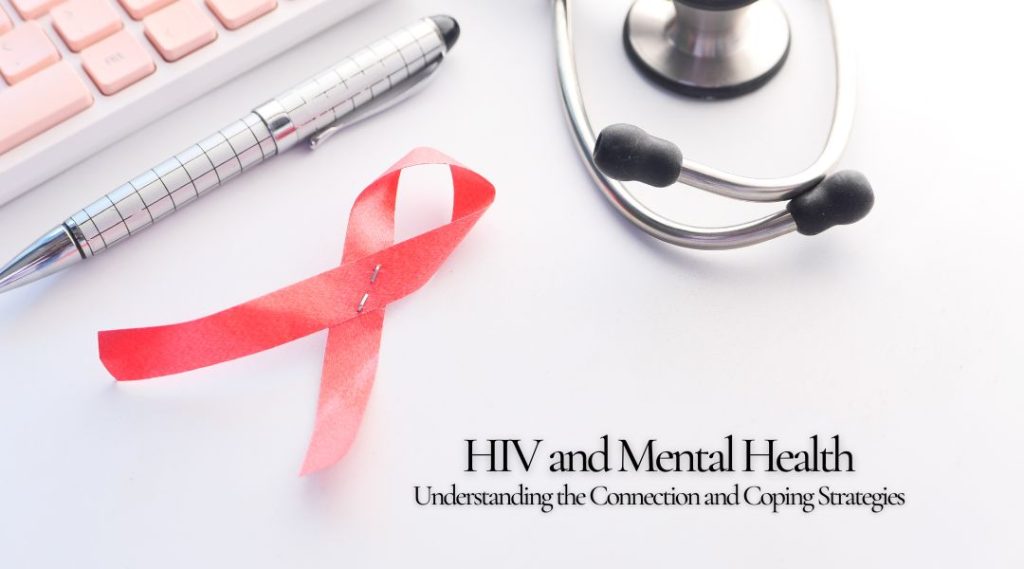HIV (human immunodeficiency virus) is a chronic health condition that affects millions of people worldwide. While medical advances have made it possible to manage HIV, individuals living with HIV still face significant challenges related to mental health. The connection between HIV and mental health is complex and requires attention and care. In this article, we will explore the impact of HIV on mental health, the challenges individuals with HIV face, and coping strategies for promoting mentalhealth and well-being.
The Impact of HIV on Mental Health
HIV can have a significant impact on mental health. Individuals with HIV may experience a range of mental health issues, including depression, anxiety, post-traumatic stress disorder (PTSD), and substance use disorders. The stress of living with a chronic health condition, the stigma associated with HIV, and the impact of HIV on social and economic well-being can all contribute to mental health issues.

Challenges for Individuals with HIV
Individuals with HIV face unique challenges related to mental health. These challenges may include:
- Stigma: Stigma and discrimination related to HIV can contribute to feelings of shame, isolation, and low self-esteem.
- Social Isolation: The stigma associated with HIV can lead to social isolation, which can contribute to depression and anxiety.
- Access to Care: Access to mental healthcare can be a challenge for individuals with HIV, particularly for those who lack access to healthcare resources.
- Substance Use: Individuals with HIV may be more likely to engage in substance use as a coping mechanism, which can exacerbate mental health issues.
Coping Strategies for Promoting Mental Health and Well-being
While living with HIV can be challenging, there are many strategies for promoting mentalhealth and well-being. Here are some coping strategies to consider:
- Seek Support: Reach out to friends, family, and support groups for help and support. Consider seeking professional help from a mental health provider.
- Practice Self-care: Engage in activities that promote physical and mental well-being, such as exercise, meditation, and hobbies.
- Educate Yourself: Learn about HIV and mental health issues to better understand your own experiences and develop coping strategies.
- Reduce Stigma: Speak out against stigma and discrimination related to HIV. Promote a culture of acceptance and understanding.
In conclusion, the connection between HIV and mental health is complex and requires attention and care. Individuals with HIV may face unique challenges related to mental health, including stigma, social isolation, access to care, and substance use. Coping strategies such as seeking support, practicing self-care, educating yourself, and reducing stigma can help promote mental health and well-being. If you are living with HIV and experiencing mental health issues, know that you are not alone and help is available.

